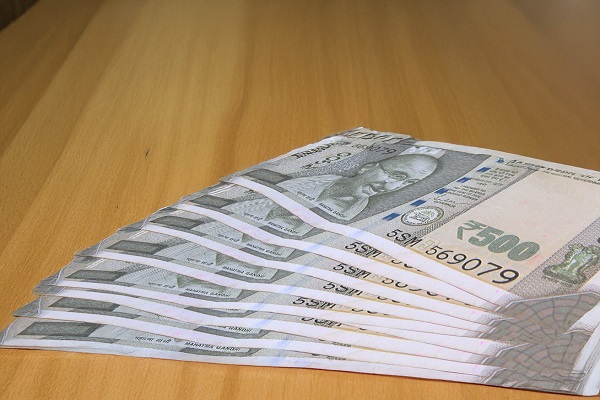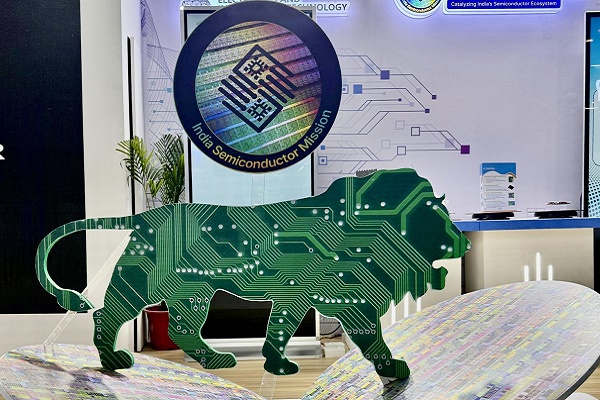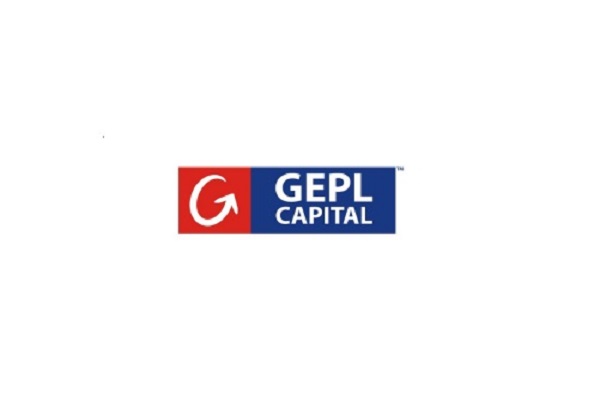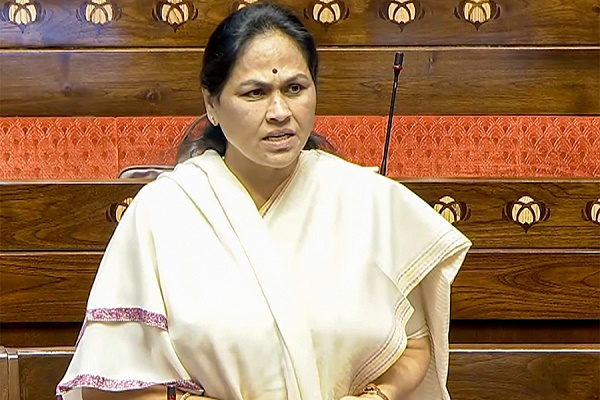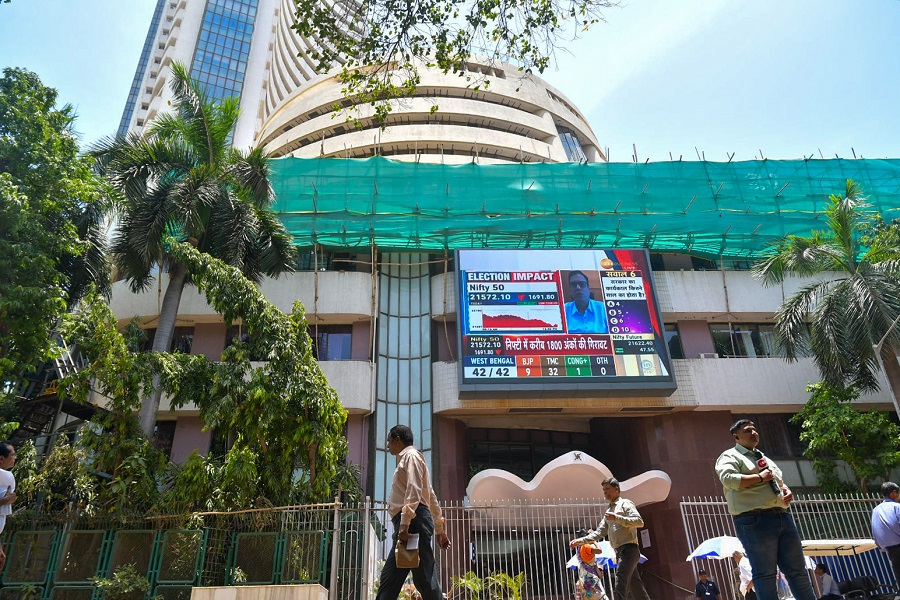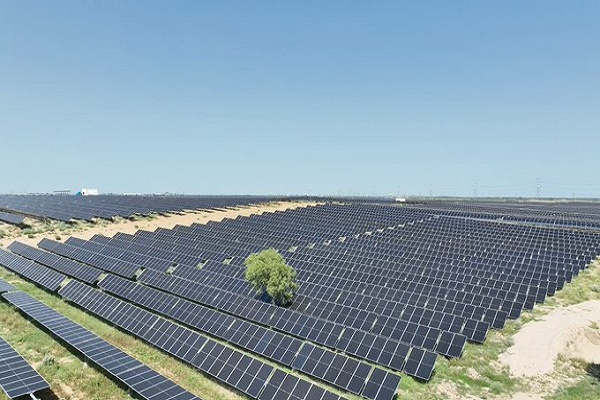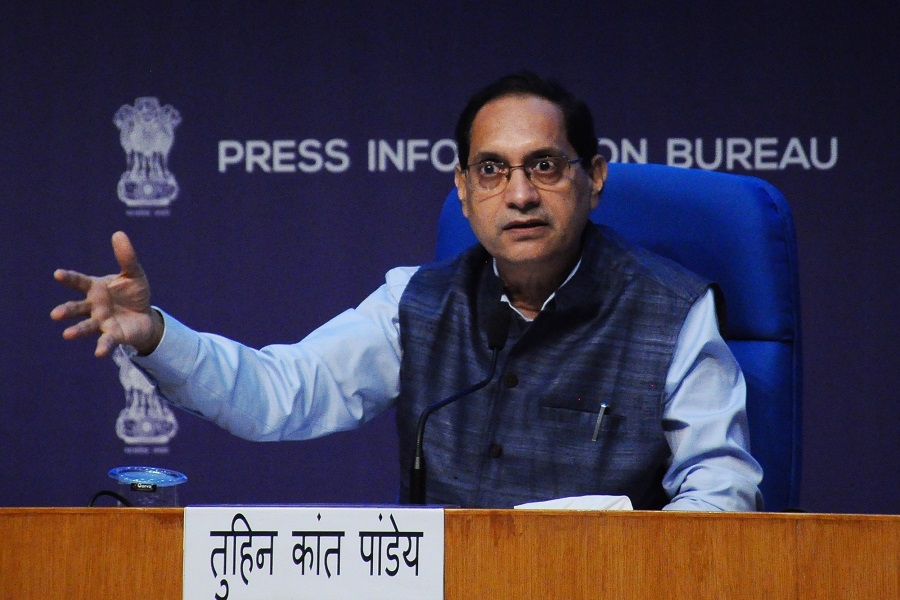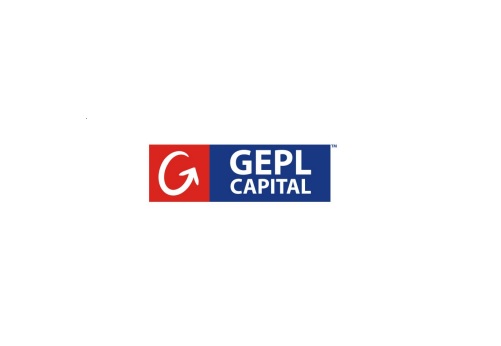Benchmarks end marginally higher on Monday
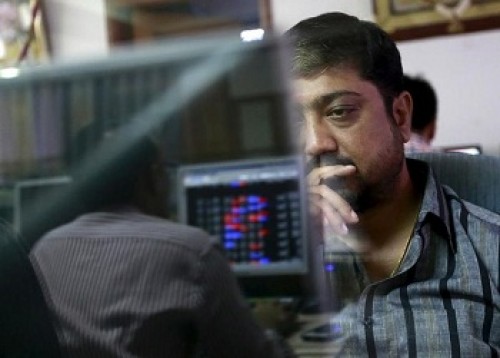
Indian equity benchmarks ended marginally higher on Monday amid choppy trade and tracking global markets. The key indices made cautious start, as traders got anxious with the former World Bank Chief Economist Kaushik Basu’s statement that India's overall macroeconomic situation is in a recovery mode but the growth is concentrated at the top end, which is a worrying trend. Amid the rising inflationary trends, including the sharp increase in retail inflation last month, Basu said the country is facing stagflation and ‘very carefully curated policy interventions’ are required to address the situation. Some pessimism also came as Engineering Export Promotion Council of India has expressed concern that the spread of Omicron, the new variant of coronavirus, may once again disrupt the global supply chain, which could lead to a slowdown in trading activities However, key gauges were seen slightly edging higher in morning deals, as traders took some support with the Department for Promotion of Industry and Internal Trade (DPIIT) Secretary, Anurag Jain’s statement that investors are taking huge interest in the country's startup ecosystem and in the last year, annual fundings into startups have increased from $11 billion to $36 billion.
The key benchmark indices continued to hold marginal gains in late afternoon deals, as some solace also came with depositories data showed foreign portfolio investors (FPIs) reversed the three-month selling streak in January by investing net Rs 3,117 crore in Indian markets, so far this month. They pumped Rs 1,857 crore into equities and Rs 1,743 crore into hybrid instruments during January 1-14. Market participants took a note of a private report stated that the rising uncertainty from the third wave of the pandemic will force the forthcoming Budget to push the fiscal pedal more to support the fragile recovery, and print in 6.5 per cent fiscal deficit as the government is likely to budget for around Rs 42 lakh crore of capex next fiscal. Meanwhile, Finance Minister Nirmala Sitharaman held a pre-budget stakeholder consultation with BJP leaders as well as professionals, business leaders, academicians and economists associated with the party.
On the global front, European markets were trading higher after the People's Bank of China cut its one-year rate for the first time in nearly two years to support slowing growth in the world's second-largest economy. Asian markets ended mixed on Monday as Covid-19 worries and concerns that the Federal Reserve will raise interest rates in the near future to tackle inflation offset better than expected Chinese GDP data. Volatility in bond markets and a public holiday in the U.S. also kept investors on edge.
Back home, on the sectoral front, IT stocks were buzzing as Commerce and Industry Minister Piyush Goyal assured full government support to leaders of India’s top IT companies in pushing the growth of the sector and taking services exports to $1 trillion in a decade. Healthcare industry’s stocks too were in limelight with ICRA's report stated that despite the third wave of the COVID-19 pandemic hitting elective surgeries and infecting a large number of medical personnel, hospitals are expected to close the current fiscal with robust revenue and margin growth, as healthcare facilities are reporting around 62 per cent occupancy, leading to a 6 per cent rise in returns per average room.
Finally, the BSE Sensex rose 85.88 points or 0.14% to 61,308.91 and the CNX Nifty was up by 52.35 points or 0.29% to 18,308.10.
The BSE Sensex touched high and low of 61,385.48 and 61,107.60, respectively and there were 19 stocks advancing against 11 stocks declining on the index.
The broader indices ended in green; the BSE Mid cap index rose 0.23%, while Small cap index was up by 0.61%.
The top gaining sectoral indices on the BSE were Auto up by 1.98%, Utilities up by 1.51%, Power up by 1.41%, Realty up by 1.37% and Consumer Discretionary up by 1.02%, while Healthcare down by 0.76% and Bankex down by 0.33% were the only losing indices on BSE.
The top gainers on the Sensex were Ultratech Cement up by 2.78%, Mahindra & Mahindra up by 2.19%, Maruti Suzuki up by 2.08%, Tata Steel up by 1.35% and TCS up by 1.26%. On the flip side, HCL Technologies down by 5.89%, HDFC Bank down by 1.53%, Axis Bank down by 1.25%, Tech Mahindra down by 1.01% and Sun Pharma down by 0.82% were the top losers.
Meanwhile, the former World Bank Chief Economist Kaushik Basu has said that India's overall macroeconomic situation is in a recovery mode but the growth is concentrated at the top end, which is a worrying trend. Amid the rising inflationary trends, including the sharp increase in retail inflation last month, Basu said the country is facing stagflation and ‘very carefully curated policy interventions’ are required to address the situation. He said while the aggregate economy is growing, ‘the bottom half of India’ is in recession, and noted that it was sad the country's policy over the last few years has been largely focused on big businesses.
He also said the youth unemployment rate in the country touched 23 per cent, among the highest globally, even before the COVID-19 pandemic started. He added workers, farmers and small businesses are seeing negative growth. While India's GDP is estimated to grow 9.2 per cent in 2021-22, Basu said since this comes after a contraction of 7.3 per cent in 2019-20 due to the pandemic, the average growth rate over the last two years is 0.6 per cent per annum. On whether the government should be going for fiscal consolidation or continue with stimulus measures in the upcoming Budget, Basu said the current situation in India is a big challenge to Finance Minister Nirmala Sitharaman and the entire fiscal policy apparatus.
He said the Indian economy is facing stagflation, which is much more painful and requires very carefully curated policy interventions, and added that 15 years ago, inflation was even higher, close to 10 per cent, but there was one big difference. He pointed out ‘at that time, India's real growth was close to 9 per cent... so, even with the inflation, the average household was becoming better off per capita by 7 or 8 per cent’. According to Basu, what makes the current situation so grim is that the near 5 per cent inflation is occurring over a fall in real per capita income over the last two years. He observed ‘Since this is a stagflation situation, the big task is to create jobs and help small business... the task now is to create jobs while at the same increasing output’.
The CNX Nifty traded in a range of 18,321.55 and 18,228.75 and there was 34 stocks advancing against 16 stocks declining on the index.
The top gainers on Nifty were Hero MotoCorp up by 5.11%, Grasim Industries up by 3.48%, ONGC up by 3.23%, Tata Motors up by 2.92% and Ultratech Cement up by 2.73%. On the flip side, HCL Technologies down by 5.73%, HDFC Bank down by 1.40%, Cipla down by 1.29%, Axis Bank down by 1.26% and Britannia Industries down by 1.19% were the top losers.
European markets were trading higher; UK’s FTSE 100 increased 47.85 points or 0.63% to 7,590.80, France’s CAC increased 41.46 points or 0.58% to 7,184.46 and Germany’s DAX increased 49.56 points or 0.31% to 15,932.80.
Asian markets ended mixed on Monday due to concerns that the US Federal Reserve would hike interest rates in the near future to curb inflation, while worries regarding the Covid-19 pandemic also adding pressure on market sentiments. Volatility in bond markets and a public holiday in the United States also kept investors on edge. Chinese shares settled higher on better-than-expected Chinese GDP data. Data showed that Chinese economy grew faster than expected in the final quarter of 2021 but the growth was still at its weakest pace in one-and-half years, prompting the central bank to unexpectedly cut loan rates. Japanese shares gained as chipmakers followed their US peer higher.
Above views are of the author and not of the website kindly read disclaimer


